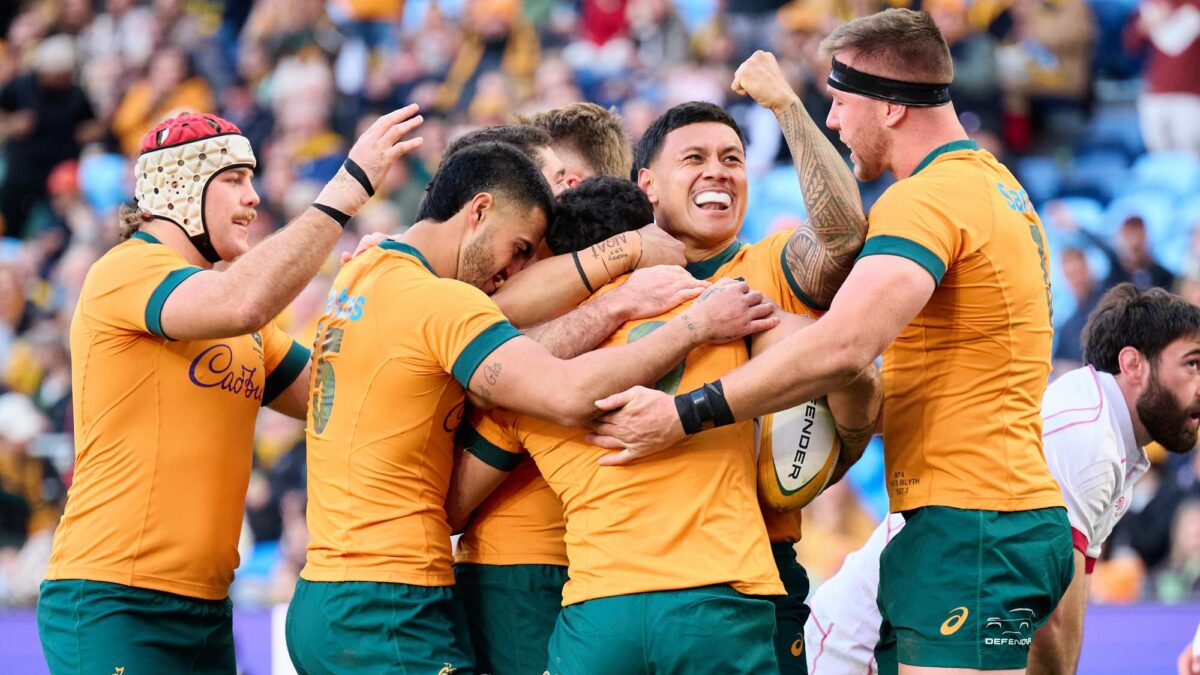Haven’t we learned our lesson? You can’t directly control if you win, despite winning being the ultimate aim of every professional sporting team (and most amateur teams too).
But to overly focus on the end result, takes the focus away from the inputs you can control and encourages potentially bad behaviour.
Does anyone remember another professional team that had too much focus on winning and not enough focus on the way they went about it?
The Ethics Centre’s review of Cricket Australia (CA) post the sandpaper affair was extensive. They spoke at length with board members, current and former Test cricketers, administrators and sponsors. They reviewed policies, ethical frameworks and codes of conduct. The final report ran to 147 pages and contained 41 detailed recommendations.
It’s key finding was that, “a focus on winning had led to the erosion of the organisation’s culture and a neglect of some important values.”
Aspects of CA’s player management had served to encourage negative behaviours.
So, CA officials didn’t put the sandpaper in Cam Bancroft’s pocket, but the organisational culture it encouraged (which starts at the top) was so much about winning, the report found it provided an environment ripe for winning at almost any cost. CA accepted and is implementing most of The Ethic’s Centre recommendations.
The problems with RA’s winning-based incentive are many. I haven’t seen the detail of the deal, but assuming payments increase to RA if the Wallabies and Super Rugby teams win more games, it has the propensity and real possibility of implicitly encouraging bad behaviour.
The first question is. “Will the players receive higher payments for winning as a result of this deal?” If the answer is “no”, then where will the money go? If the answer is “yes” then doesn’t it potentially increase the risk of bad behaviour in order to achieve an outcome?
Are there ethical and behavioural considerations built into the deal that influence the reward amounts? Is there a People, Culture and Ethics Committee at RA to assess such situations? The word “ethics” only appears once in Rugby AU’s 2023 Annual report and that relates to KPMG’s Audit report. I’m not saying RA hasn’t thought about this but I can’t find where they have publicly disclosed the framework for considering these issues.

(Photo by Brett Hemmings/Getty Images)
Thirdly, are the Wallabies and Super Rugby teams trying their best to win now pre this deal? You’d have to say yes. So, will they try harder? How?
The “how” is the critical point. You see, we need to be providing incentives for the “how”. This is because we can control the “how”. This brings us to the winning equation.
I thank the great Shane Watson for a lot of the thinking about this via his excellent book, “The Winner’s Mindset.”
“The result” is the sum of what you can control plus what you can’t control. By definition, you have minimal to no influence over what you can’t control, and hence you can’t control the result. Again, that’s not to say we don’t all strive for a positive result – it is just we can’t control it.
If the Wallabies run out to play the All Blacks at Eden Park on a rainy 6 degree night and lose their key play maker in the first minute, Beauden Barrett plays the game of his life and the Wallabies have a bunch of unfair penalties blown against them, they are most likely going to lose the match. How? Thanks to things the Wallabies can barely control.
So how can you base a monetary incentive around an uncontrollable outcome? This TV deal is a long-term one. So why not put incentives in place that encourage and help fund inputs that RA can control. Perhaps that means annual milestones, developed in conjunction with RA that put the building blocks in place that provide a higher likelihood of better results. I’m sure RA has a long list of improvements to implement if they had more money to spend.
TV deal payments linked to winning is lazy deal making. RA potentially gets more cash and for a cash-strapped sport, that is good news…. but just be very careful of the potential unintended consequences.






